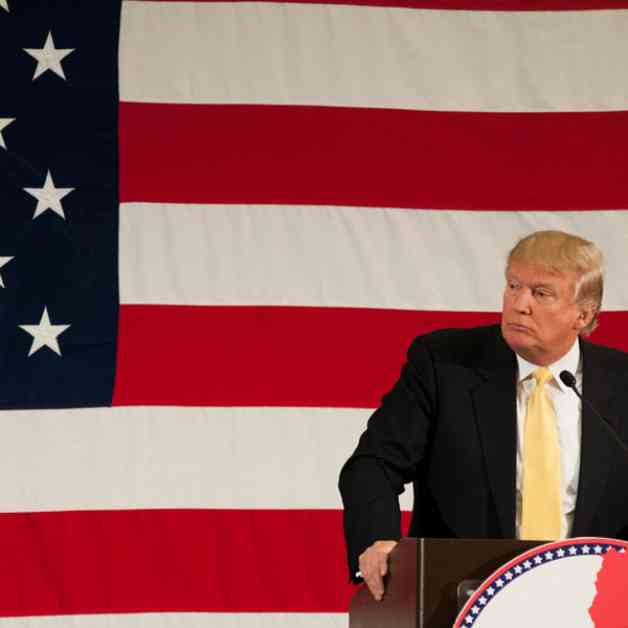In the midst of a tumultuous political landscape, the question of what would happen if federal officials defied court orders has once again taken center stage. Legal experts are grappling with the potential consequences, using terms like “constitutional crisis” to describe the worst-case scenarios. The recent actions of the Trump administration have brought this issue to the forefront, with implications that could reverberate through the judicial system.
A federal judge in Rhode Island recently ruled that the Trump administration failed to fully comply with a court order to lift a freeze on certain federal funds. This ruling underscores the challenges that arise when an administration chooses to disregard the authority of the judiciary. Similarly, plaintiffs in another case sought to hold administration officials in contempt for their alleged defiance of a federal judge’s order to continue funding foreign-aid programs.
Legal Experts Weigh In
In a thought-provoking guest essay for reputable sources such as the New York Times, Bloomberg Law, NPR, and the Brennan Center for Justice at the NYU School of Law, legal scholars Trevor W. Morrison and Richard H. Pildes delve into the complexities of enforcing court orders against government officials. They highlight the usual course of action where court orders are directed at subordinate officials rather than the president himself. If these officials fail to comply, the courts may issue additional orders with stricter requirements, potentially escalating the situation.
According to Morrison and Pildes, courts have several options at their disposal to address non-compliance, including sanctioning lawyers who aid in defiance of court orders, conducting depositions with government officials, and holding officials in contempt of court. Civil contempt could entail fines, sanctions affecting ongoing litigation, and even imprisonment until compliance is achieved. However, the challenge arises when the U.S. Marshals Service, overseen by the Department of Justice, is tasked with enforcing these orders, potentially leading to conflicts of interest.
The Road to a Constitutional Crisis
As Morrison and Pildes aptly point out, executive branch defiance of court orders is not a simple decision but a series of calculated actions that could have far-reaching implications. Continued defiance could result in a widening circle of federal officials violating the law, potentially involving U.S. marshals and eventually leading to a showdown at the U.S. Supreme Court. The authors caution that if an official were to openly defy the judicial system, it could signal a full-blown constitutional crisis where the courts may find themselves running out of viable options.
In the face of these challenges, the delicate balance of power between the branches of government is put to the test. The outcome of this legal tug-of-war could set a precedent for future administrations and shape the interpretation of the rule of law in the United States. As the country navigates these uncharted waters, the resilience of the judicial system and its ability to uphold the principles of democracy will be put to the ultimate test.
As the legal battle unfolds, the implications of federal officials defying court orders are not just a matter of legal technicalities but a fundamental test of the nation’s commitment to the rule of law. The outcome of this struggle will have far-reaching consequences for the balance of power between branches of government and the integrity of the judicial system. It is a pivotal moment in American history that will shape the future of governance and the rule of law for generations to come.















